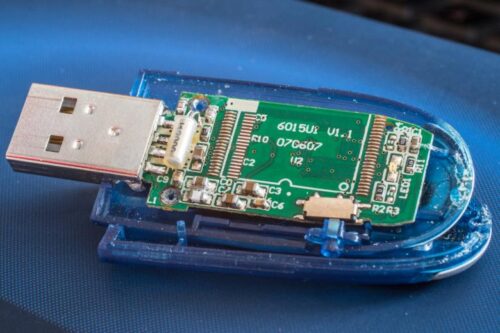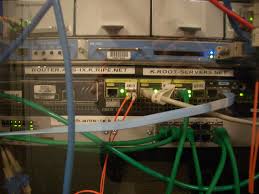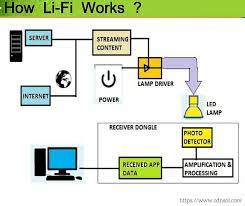ECG Wires – What Every Medical Professional Needs To Know

ECG wires are often used in hospitals and nursing homes to monitor a patient’s heart rhythm and can be an important tool for diagnosis. Learn about the different options available, how ECG wires help in diagnosis, and the benefits of using ECG wires.
What are ECG wires?
An electrocardiogram (ECG) is a test that measures the electrical activity of your heart. An ECG shows how fast your heart is beating and the regularity of its rhythm. It can also provide information about the size and position of your heart chambers, whether your heart muscles are thickened or enlarged, and if you have any blockages in your coronary arteries.
ECG wires are used to attach the electrodes to your skin. The electrodes detect the electrical signals that travel through your heart muscle. The wires are usually made of copper or another metal and connected to the electrodes with snaps or clips.
How do ECG Wires Work?
ECG wires are placed on the chest and connected to an ECG machine. The machine measures and records the electrical activity of the heart.
The heart’s electrical activity is caused by the movement of ions through cardiac muscle cells. When the ions move, they create an electrical current, which is then detected by the ECG machine and recorded on a paper or computer screen.
ECG wires are usually placed in standard positions on the chest. However, sometimes additional wires may be needed to get a clearer picture of the heart’s electrical activity.
Conclusion
ECG wires are an important part of any medical professional’s toolkit. Whether you need ECG wires for a hospital or clinic or for use in a home health care setting, Unimed has the right product. Unimed’s products are backed by a team of experts available to answer any questions.





